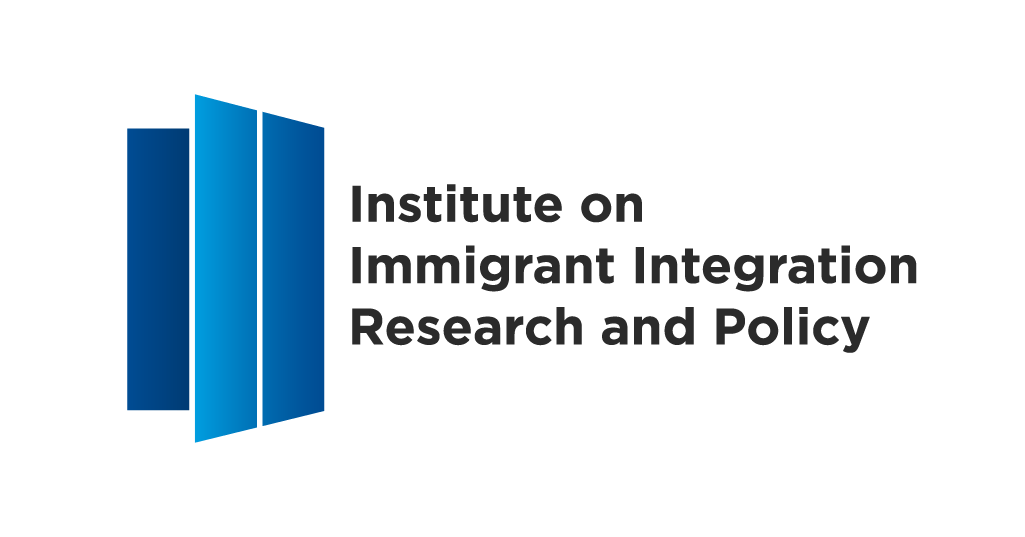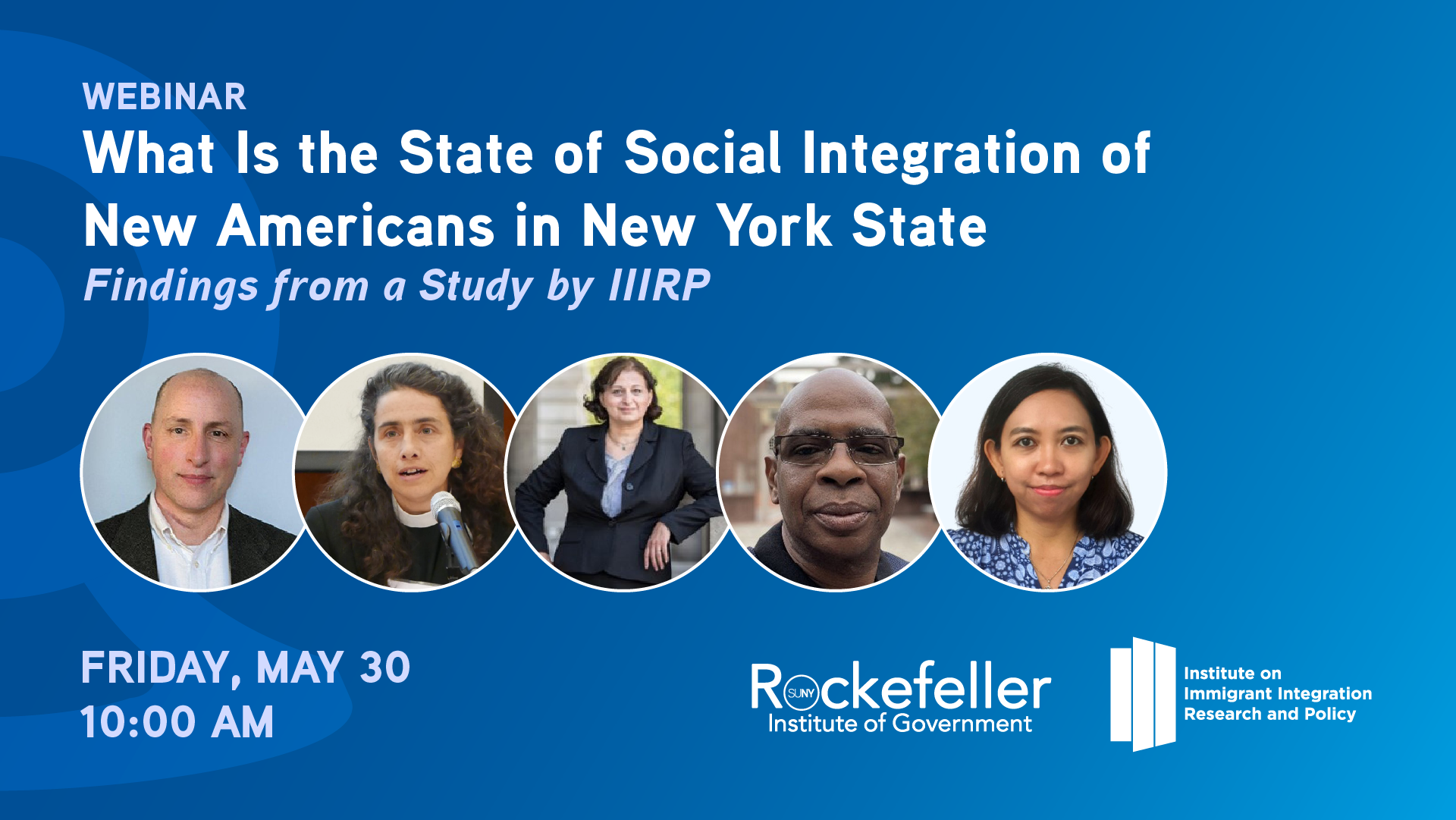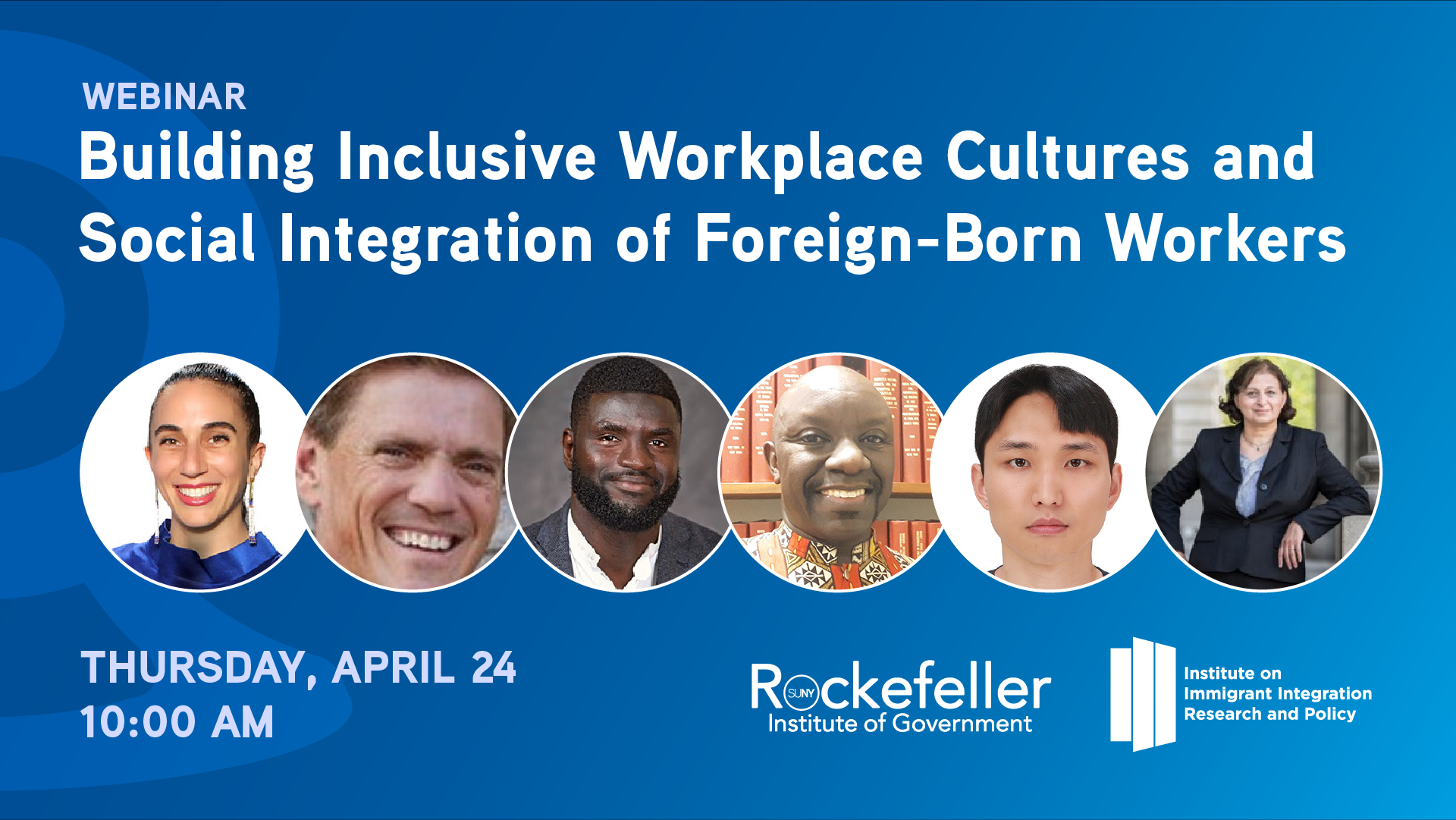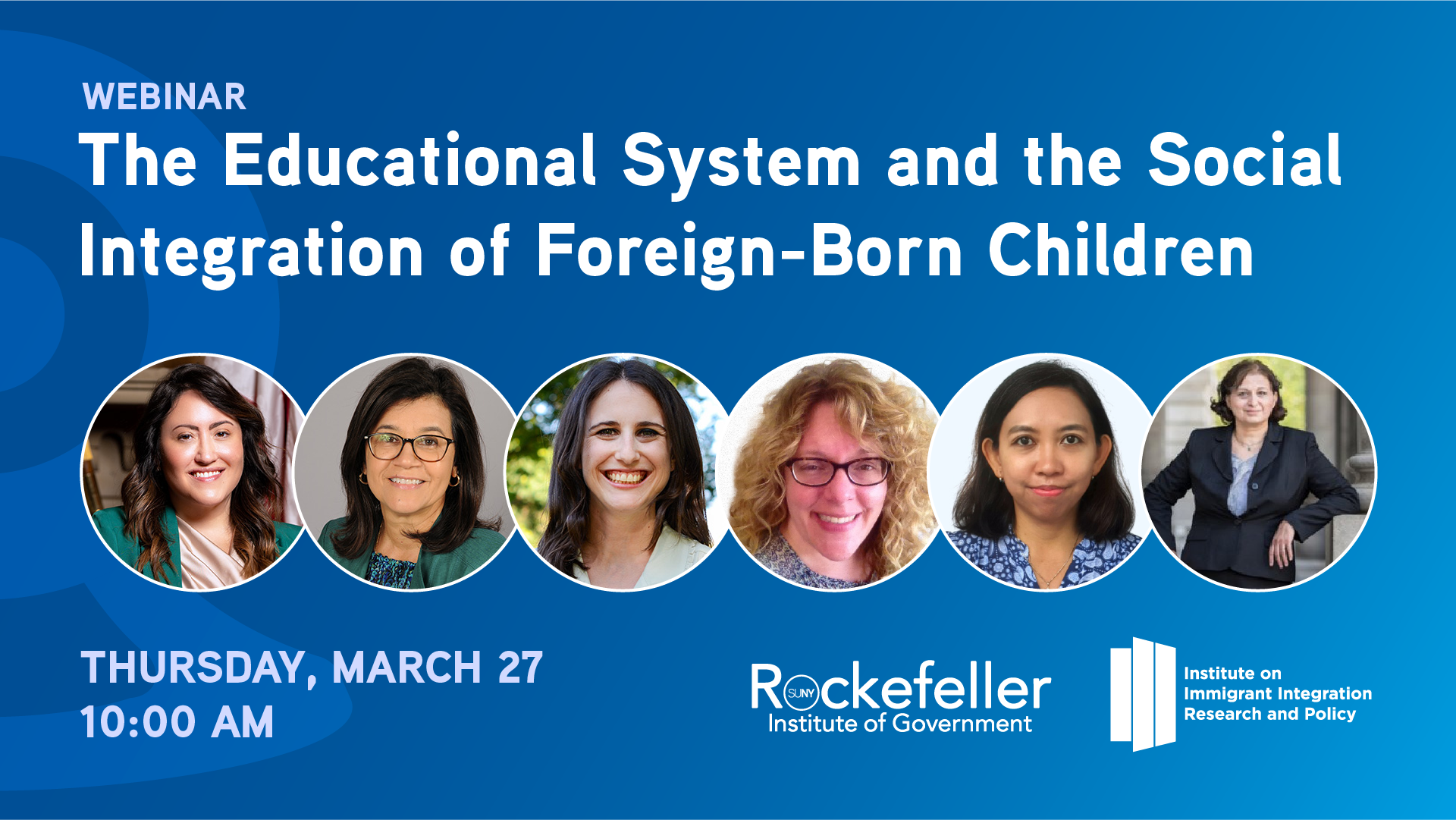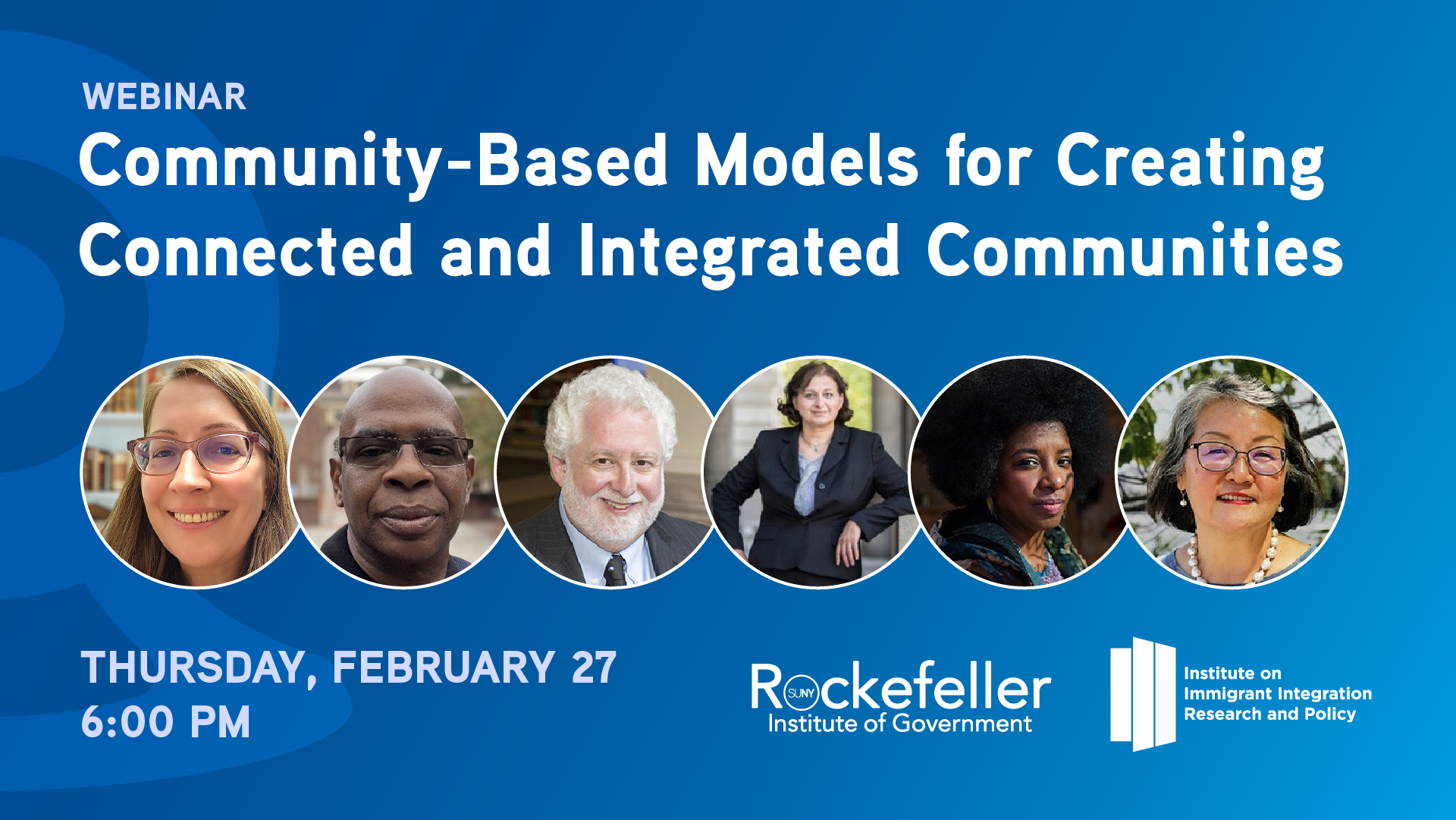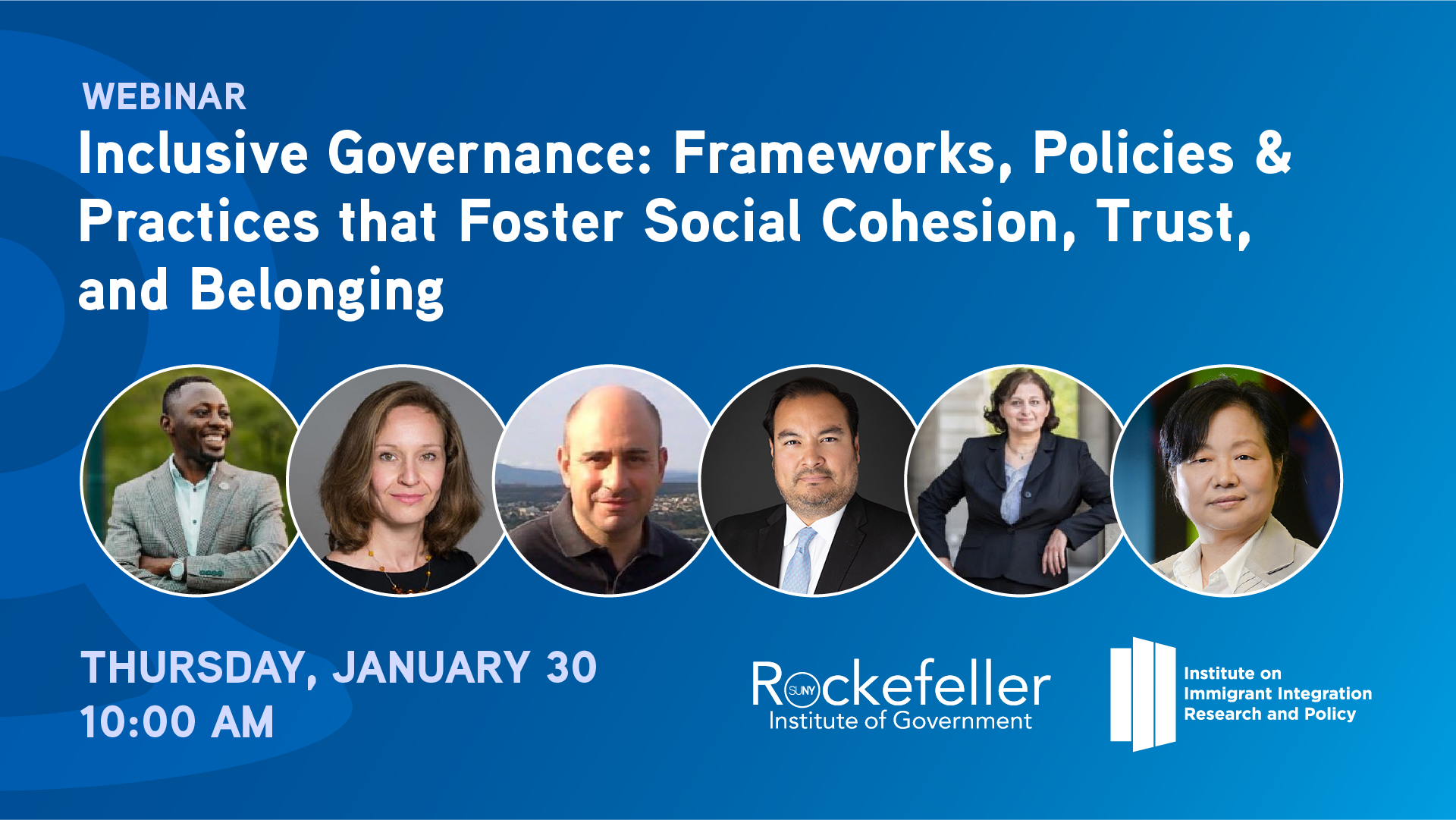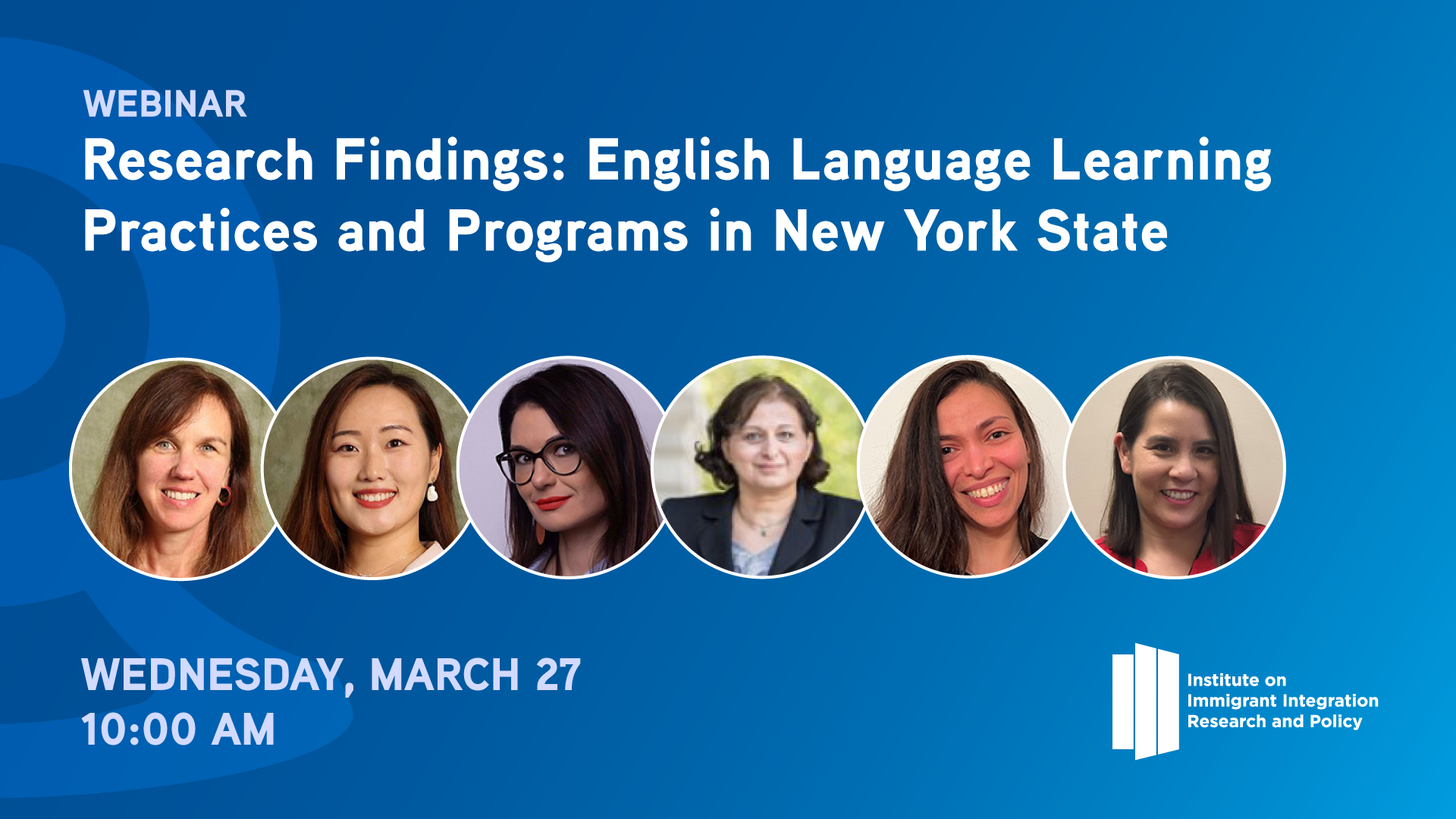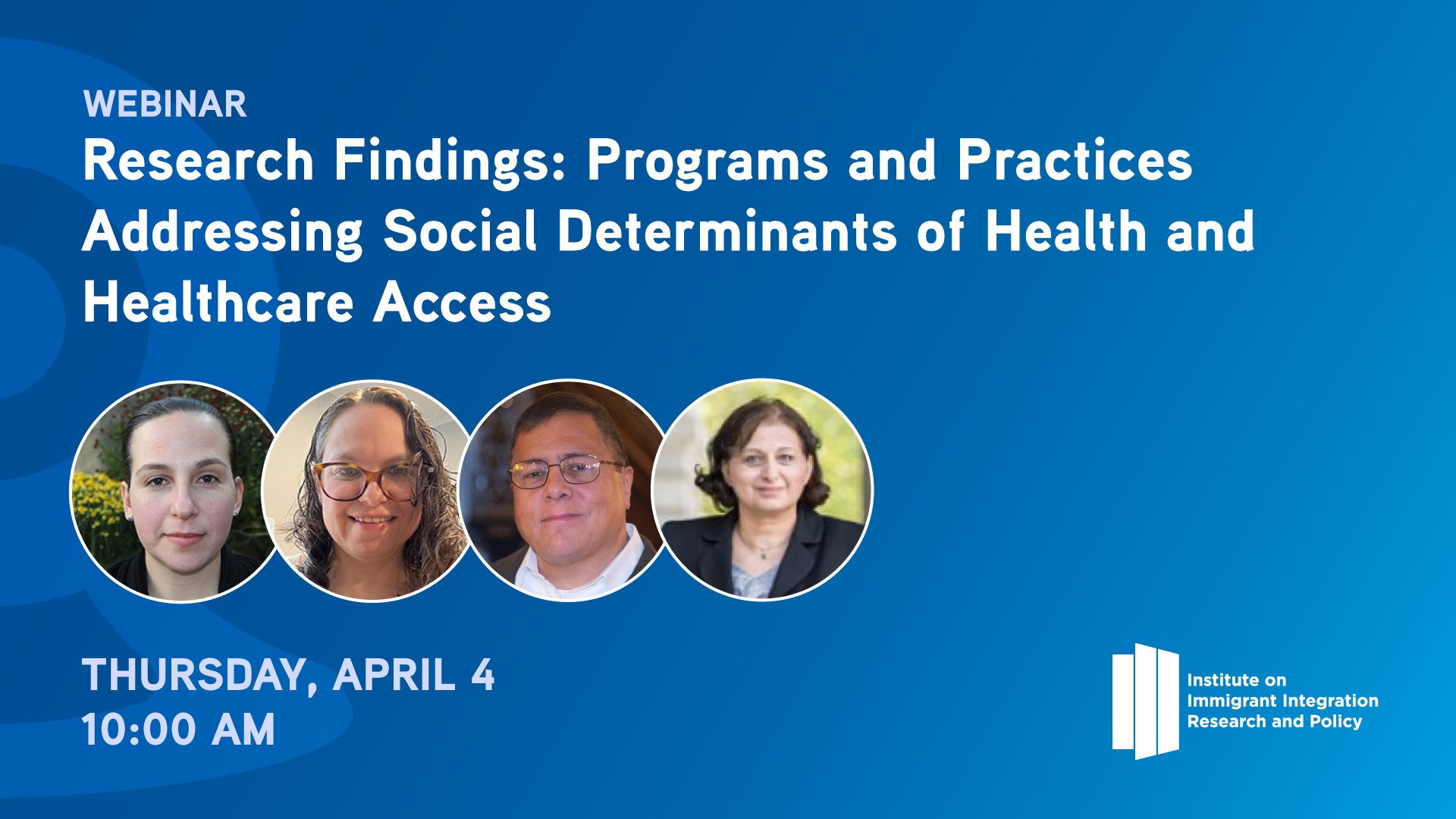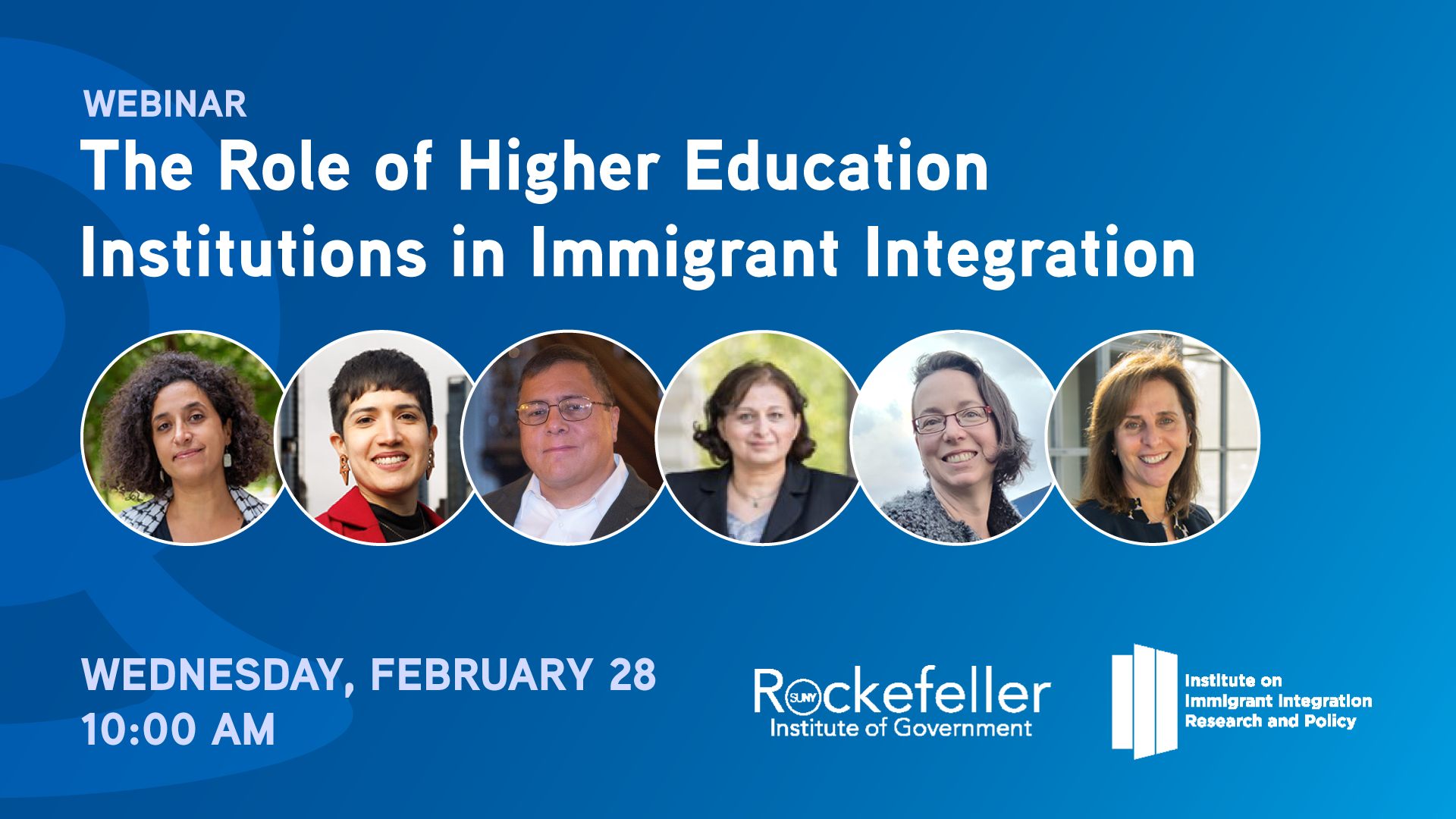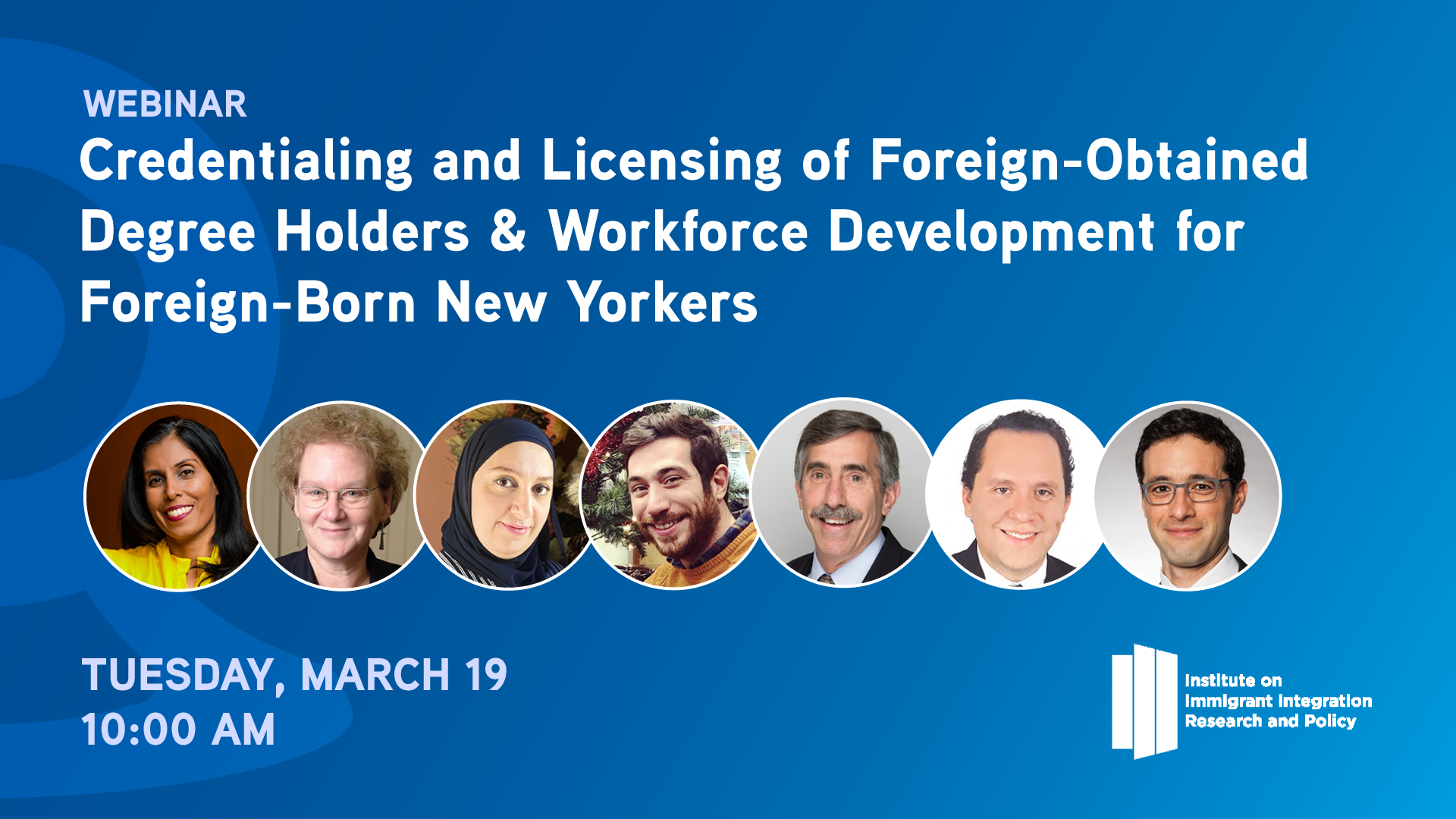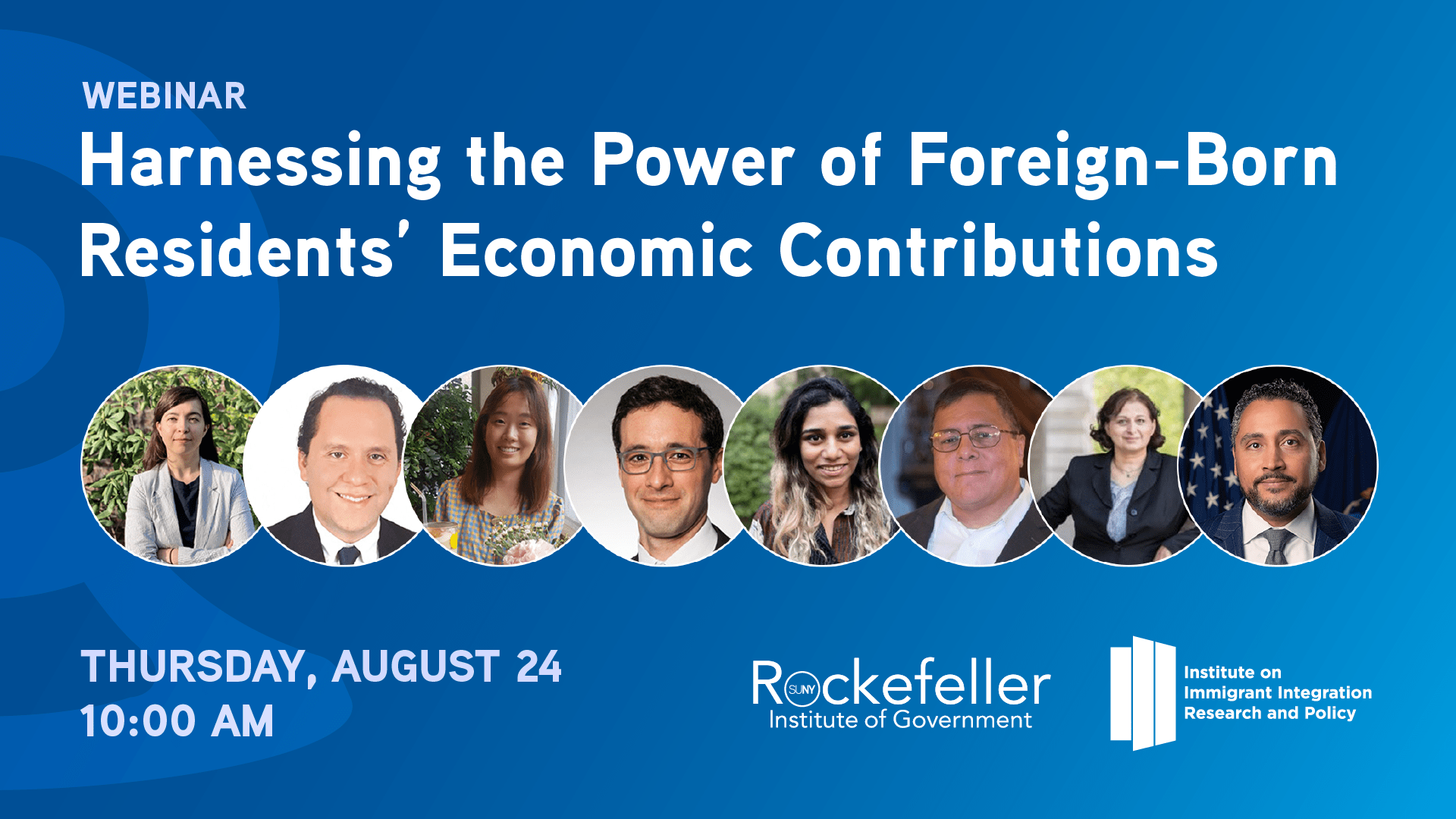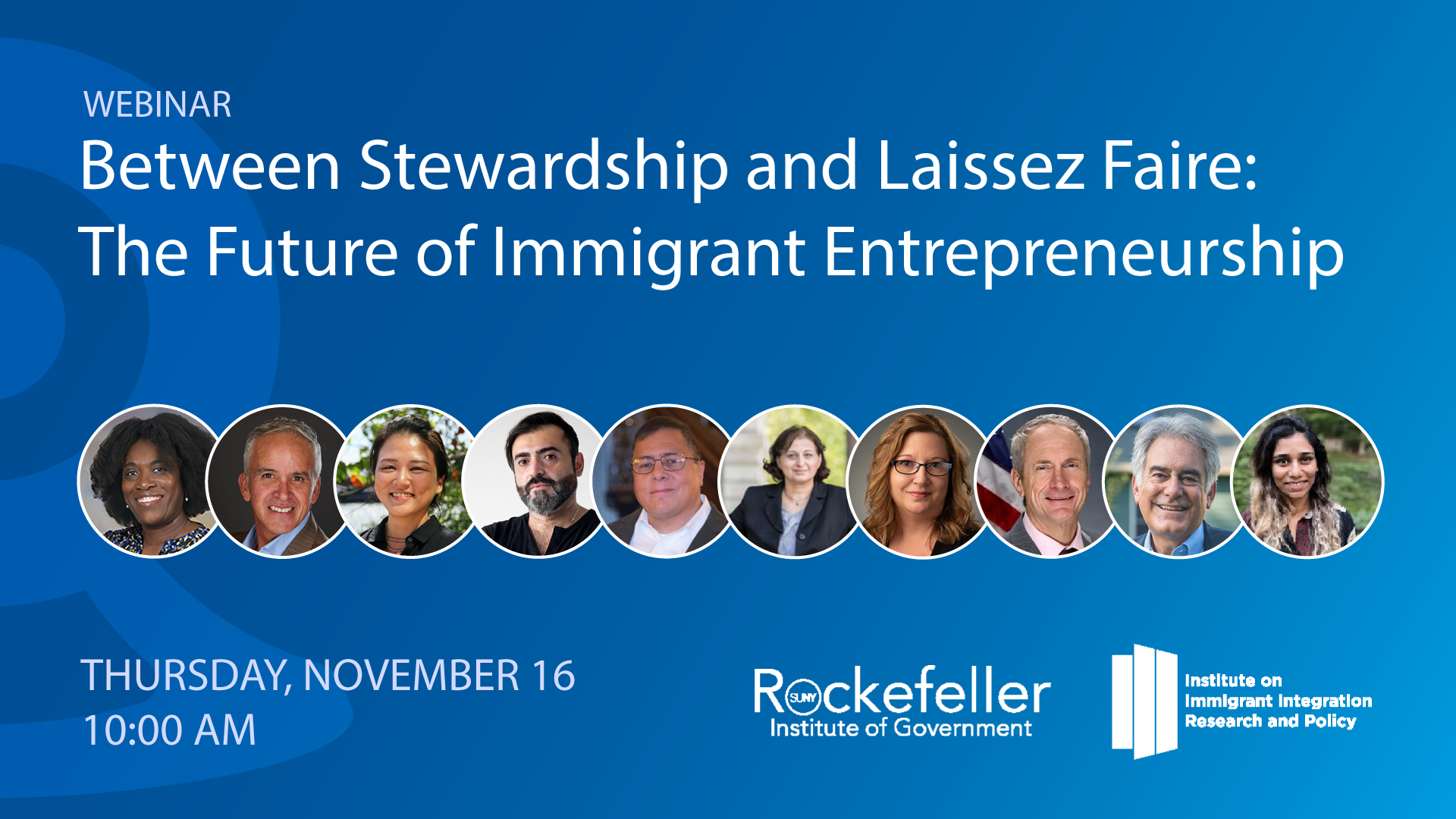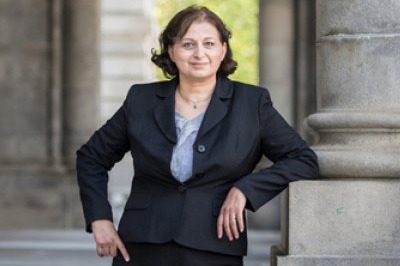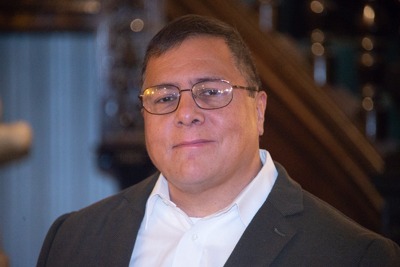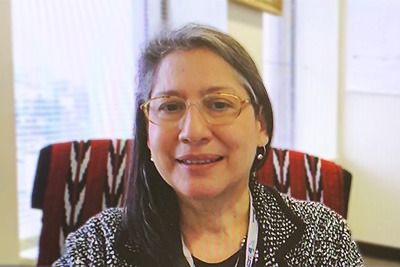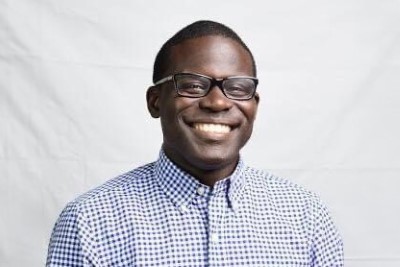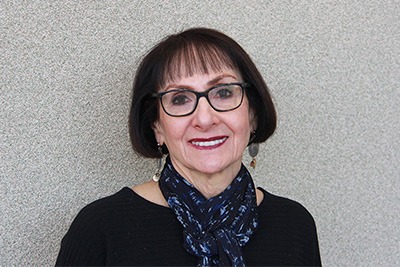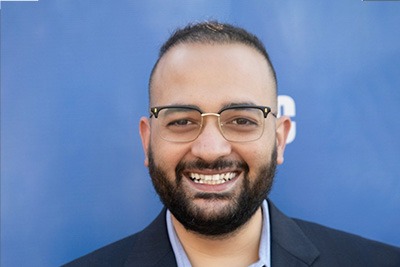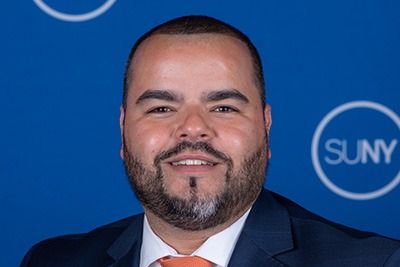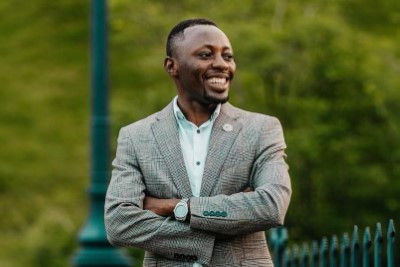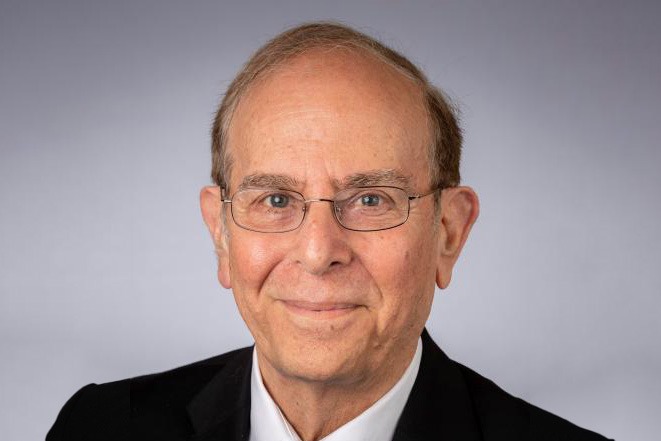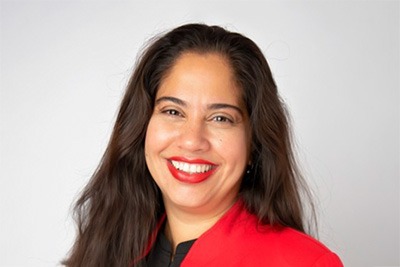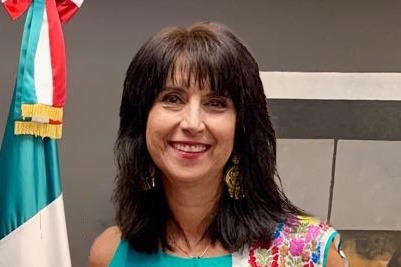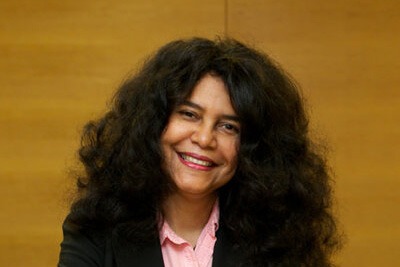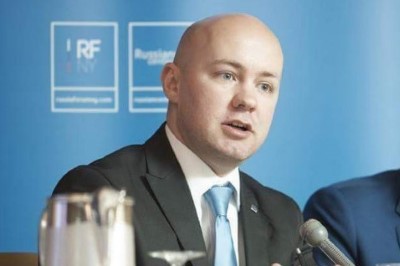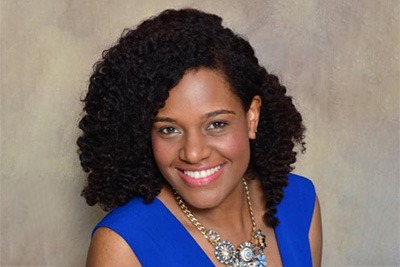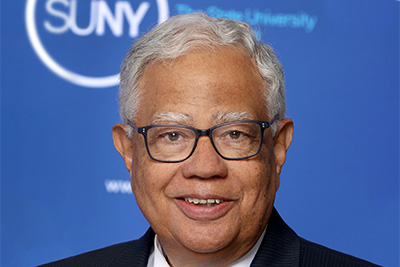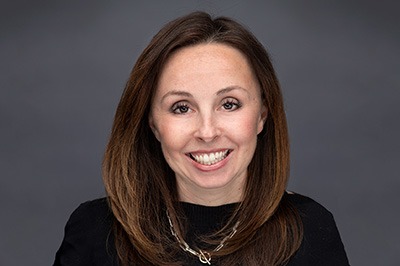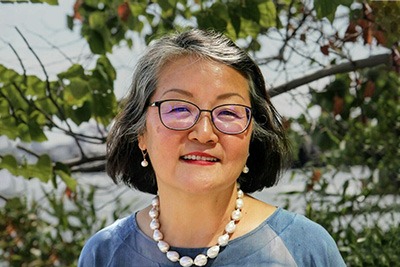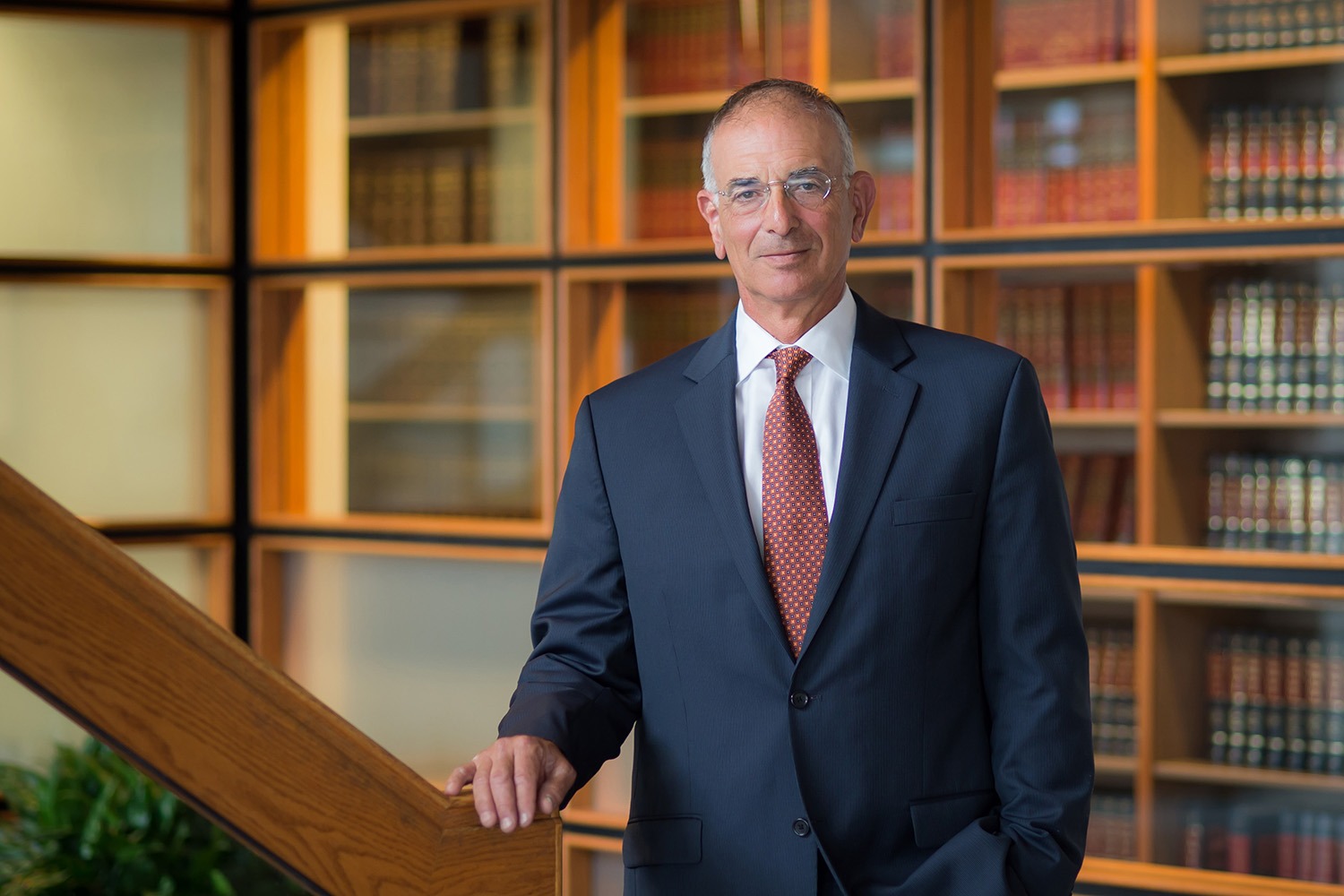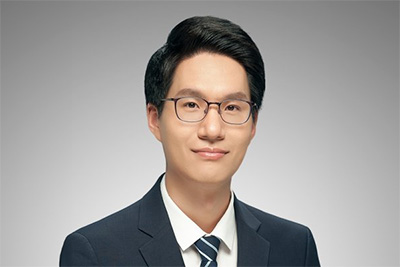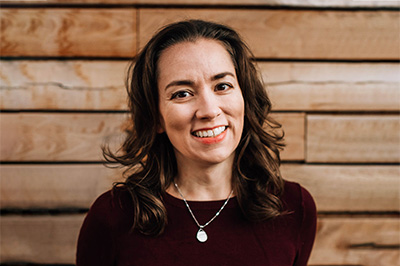The Institute on Immigrant Integration Research and Policy seeks to advance the economic, social, and civic integration of foreign-born New Yorkers and to promote responsive policies and practices.
With the guidance of the advisory board, the Institute identifies gaps in knowledge and implements a comprehensive applied research agenda, disseminates seed funding for immigrant integration researchers, maintains a data portal that informs policy on socio-economic integration of immigrants, and cultivates a training ground for aspiring researchers and practitioners through a fellowship program.
Want to learn more?
Have a question for the Institute? Please contact Guillermo Martinez, deputy director and intergovernmental liaison for the Institute at [email protected].
The Latest
Call for Abstracts | 2026 III-RP Annual Conference
We invite scholars, practitioners, policymakers, advocates, students, and community leaders to submit proposals for presentations that critically explore the lived experiences, policies, and institutional practices shaping the realities of foreign-born individuals across New York State.
Our conference will take place on June 18, 2026, at the SUNY Global Center in New York City.
Learn More and Submit Your Abstract
Save These Dates | 2026 Webinars and Conferences
View our anticipated schedule for webinars and conferences in 2026.
View the Schedule
Immigrant Integration Data Gateway
The Data Gateway is an initiative of the Institute on Immigrant Integration Research & Policy which provides up to date information on the state of immigrant integration in New York State from individual- and system-level perspectives.
Explore the Data Gateway
Invitation to Participate in Measuring Social Integration of Immigrant New Yorkers
UPDATE: Read the release announcing regional partners for the social integration survey!
Community-based organizations that are interested in joining a collaborative effort to collect vital data on immigrants’ social experiences in New York State should complete our interest form. The initiative aims to gather insights on immigrants’ perceptions of community belonging, feeling welcomed and accepted, sense of connectedness, ability to navigate meeting basic needs, and access to opportunities.
Your role as a participating partner is to share a flyer through email, text, or as a hard copy with your service recipients who are foreign-born and encourage them to complete an online survey. If selected to participate, you will receive a mini-grant of $2,000 – $4,000 and a customized report that analyzes regional and county-level data and suggests recommendations for policy and practice.
View the Recorded Informational Webinar
Publications
See select publications below. All of our publications and podcasts are available on the immigrant integration issue area page.
-
This fact sheet from the Institute on Immigrant Integration Research and Policy provides facts about New Yorkers born in Haiti.
View the Fact Sheet.
-
This fact sheet from the Institute on Immigrant Integration Research and Policy provides a quick reference to some more common immigration statuses.
View the Fact Sheet.
-
The immigration-related provisions in H.R. 1 (119th Congress) will have broad and significant impacts across the U.S. immigration system now that it has been signed into law on July 4, 2025. It will provide an unprecedented investment in federal immigration enforcement, allocating approximately $140 billion over the next five years through FY 2029. In this brief, we provide analysis of impacts of the bill on immigrant enforcement and the immigration system.
Read the policy brief.
-
As we step into 2025, the Institute on Immigrant Integration Research and Policy reflects on a year of groundbreaking research, meaningful collaborations, and critical discussions shaping immigrant integration across New York State. The insights and initiatives from 2024 remain more relevant than ever, as ongoing events highlight the urgent need for informed policy solutions.
Read the year-in-review.
-
This policy brief by Institute on Immigrant Integration Research and Policy Executive Director Dina Refki and III Deputy Director & Intergovernmental Liaison Guillermo Martinez examines the conditions that obstruct economic integration of foreign-born New Yorkers.
Read the brief.
-
Scholars-in-Residence Scott Fein, Rey Koslowski, Hongseok Lee, and Sarah Rogerson shared research-based perspectives on the value of economic integration of immigrants in a series of brief essays.
Read the essays.
-
The Immigrant Integration Fact Sheet Series uses data from the US Census American Community Survey to show dimensions of immigrant integration for target populations.
View the Fact Sheets.
Events
-
This dynamic one-day virtual conference dedicated to discussions of strategies that can be used to forge genuine social cohesion and champion the full inclusion of foreign-born communities. Building on the insights of our 2025 webinar series, this event dove deep into the transformative roles that government bodies, civil society, and the private sector play in shaping an equitable future. Panelists shared cutting-edge models for empowering immigrants and host communities as active architects of social integration. By bringing together a diverse cohort of practitioners, policymakers, implementers, and researchers, the conference tackled today’s most urgent challenges and revealed pathways for building unified, resilient communities—where everyone feels they belong, collective well-being thrives, and trust in our institutions flourishes.
View the conference webpage.
View the recordings.
-
The Institute on Immigrant Integration Research & Policy held its inaugural annual conference on immigrant integration on May 22, 2024. This conference, held at the University at Albany, brought together practitioners, policymakers, policy implementers, and researchers to explore opportunities for integrating immigrants in New York State, regardless of their length of stay or year of arrival. Key topics included the cost-benefits of immigrants’ social, economic, and political integration, measuring immigrant integration, inclusive governance, and the implementation of promising models and evidence-based integration practices and policies.
The conference was convened with the Center for Women in Government & Civil Society at the University at Albany’s Rockefeller College of Public Affairs & Policy and the Rockefeller Institute of Government. View the conference webpage.
-
You can see all of our webinars on YouTube.
Fellowships
-
The Fellowship on Immigrant Integration will be an intensive semester-long program from January 2026 through May 2026. Fellows will work 20 hours per week from Monday through Thursday at III-RP. A stipend of $6,000 will be awarded to each fellow during the semester. Fellows conduct their work virtually and work closely with III-RP staff. Only graduate students enrolled full-time in a SUNY or CUNY graduate program are eligible to apply. The application period is closed.
Read the 2026 Fellowship on Immigrant Integration announcement and meet the 2026 fellows.
-
The four-month fellowship engaged graduate students from SUNY and CUNY in research designed to enhance the economic, social, and civic integration of immigrants. The fellows focused on identifying successful models for fostering inclusive societies, with an emphasis on social integration and equitable opportunities for immigrant communities.
Meet the fellows.
Read the fellowship announcement.
-
The Fellowship on Immigrant Integration was an intensive three-month program during the summer of 2023. The 2023 fellows researched the contextual factors that influence integration outcomes. As part of their fellowship, they examined successful policies and practices for advancing immigrant integration, compiled and analyzed data using a range of research tools to fill the knowledge gap on immigrant integration, assessed policy implications of indicators of economic, social, and civic integration, and produced policy briefs that analyze determinants of immigrant integration.
Meet the Fellows.
Other
-
~ Deadline passed ~
The Institute on Immigrant Integration Research and Policy requested applications from researchers to conduct syntheses of research into practices and programs for English language learning and addressing social determinants of health and healthcare access.
Learn more.
-
~ Deadline passed ~
The Institute invited participants to join in the co-creation of a research agenda to inform the next generation of knowledge and policy recommendations on foreign-born/immigrant integration. Input was sought to assemble a collaboratively developed, bottom-up research agenda informed by the many communities concerned with immigrant integration.
Learn more.
Webinars
Click on the images in the slider below to view a webinar. You can see all of our webinars on YouTube.

